Accuracy
Complete investments through a digital information collection workflow that reduces NIGO error rates.
Built to enable secure electronic alternative investment transactions between asset managers, wealth advisors, custodians and transfer agents.

Complete investments through a digital information collection workflow that reduces NIGO error rates.

Convenient dashboards display available offerings in one place, making it easier for wealth advisors to access and invest.

Advisors can view and upload documents, make changes, and track the status of subscriptions throughout the entire process.

Reduces subscription order entry to as little as 20 minutes.
Wealth Management Firms
Asset Managers
Subscriptions Completed
Billion Transacted
[SEI] Altigo is so good, so intuitive, so efficient that we have quintupled our production year over year in alternatives. [SEI] Altigo has become indispensable to us and the ace up our sleeve when we're competing with other firms out there.
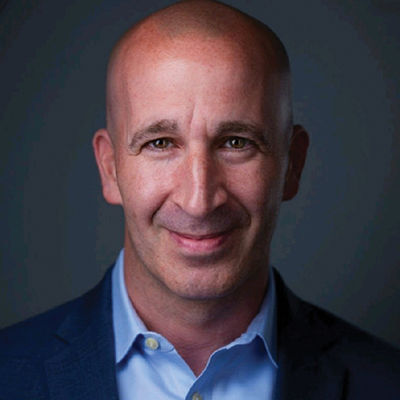
[SEI] Altigo’s transaction activity dashboard is incredibly convenient. Our offerings close quickly and it’s really easy to see exactly where each investment is in the process allowing us to stay organized and focus more on the next offering.

With [SEI] Altigo, I simply choose the asset that the client wishes to invest in, select the advisor, enter the client information one time, and the system pre-populates all of the necessary documents for me. If a client is investing in multiple alternatives, the client’s information is stored in [SEI] Altigo’s system so that I do not have to enter it more than once.

I would recommend [SEI] Altigo to a friend or colleague due to its ease of use for our advisors and the high level of service and responsiveness from the [SEI] Altigo support team.

I had accepted the manual process as a necessary evil to take advantage of the benefits of alternative investments. But [SEI] Altigo eliminates the frustration--both for me and my clients--when investing in alternatives. It is essential that the industry adopt this type of technology to keep up with investors' expectations.
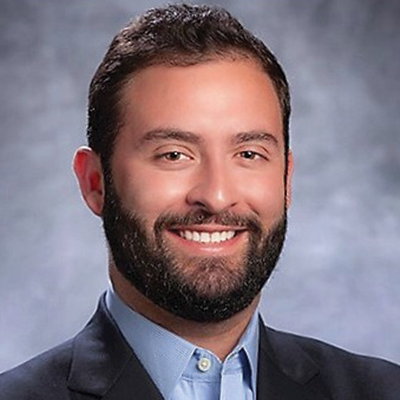
Technology, support, and the team we work with at [SEI] Altigo are all top notch!

I didn't know there was a better way to do our alts paperwork other than hardcopy with wet signatures. Once I started using [SEI] Altigo, I was amazed that the NIGOs disappeared, the signing cycle was efficient and closing the alts very timely. We've presented digital sub docs through [SEI] Altigo and had them closed in four hours!
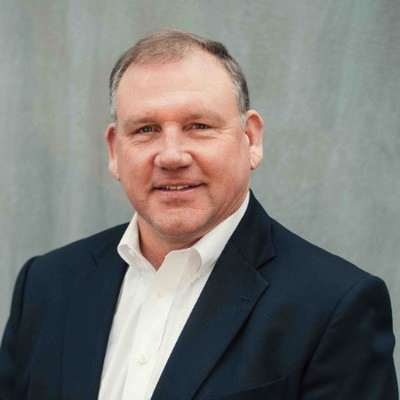
[SEI] Altigo has made a great difference in streamlining the investment process. We recently had an investment opportunity for one of our investors come down to the wire, and we were able to use the [SEI] Altigo platform to take the transaction from the start of the subscription to principal in less than an hour.
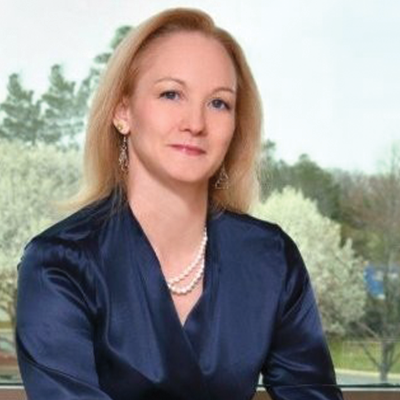
[SEI] Altigo has made business processing very streamlined for us. You are a tremendous asset to our operations and processing of alts.
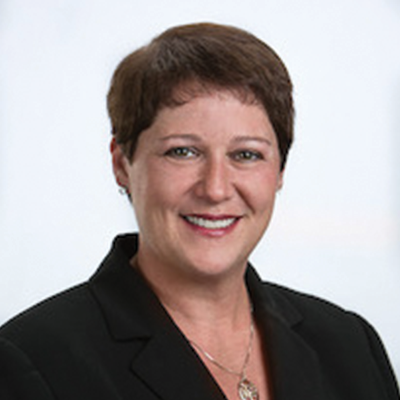
**SEI Altigo Platform stats represent life-to-date numbers as of 4.12.2024. Clients quoted represent a cross-sample of firms using the SEI Altigo Platform and were not compensated for providing their experiences. Their experiences and opinions are their own and may vary from other firms using the SEI Altigo Platform.
Apr 17, 2024 by Heather Acey
We kicked off our new video series, The Alternative Source, with Kevin Crowe, Senior Vice President, and Mat Dellorso,...
Dec 21, 2023 by Heather Acey
SEI to Leverage Unique Industry Position to Meet Market Demand and Streamline Investment Process for Alternatives
...
Nov 1, 2023 by Heather Acey
Mike Consol, Editor at Real Assets Adviser, asked Bill Robbins, CEO at Altigo and WealthForge, to address the...